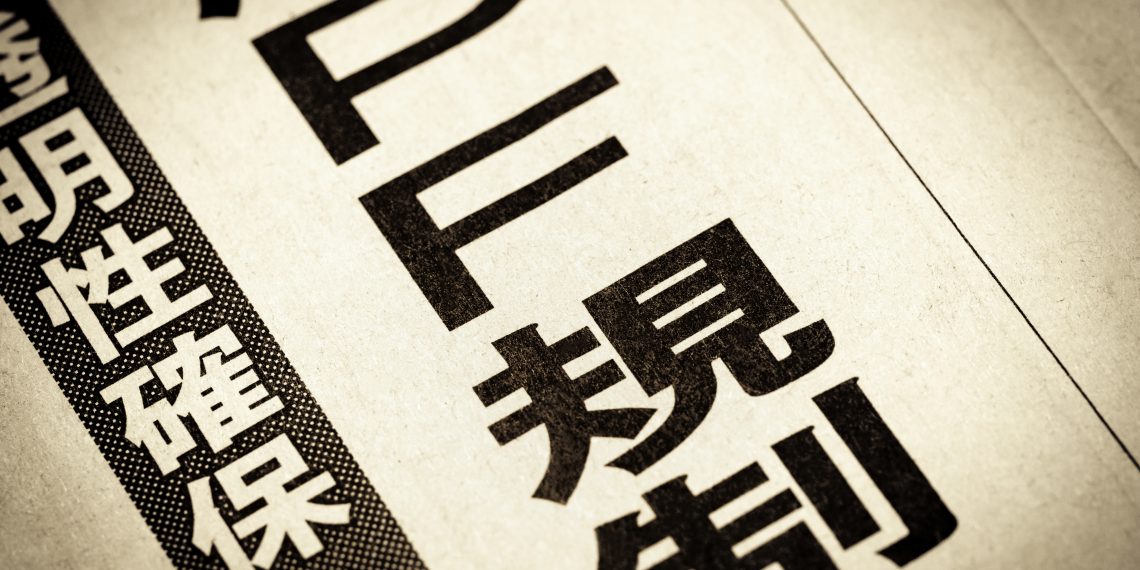Japan is adopting a business-friendly approach to AI regulation to attract global investment, causing concern in the creative industry.
The AI Strategic Council will guide Japan’s AI policy, favoring industry-led oversight over strict government regulation. This strategy aims to attract investors and maintain Japan’s technological edge.
Unlike the stringent AI regulations in the European Union, Japan plans minimal regulations. Masaaki Taira, chairman of the LDP’s AI project team, stated, “Japan is not thinking of implementing strict regulation, and there will be as few regulations as possible.”
This approach is already yielding positive results. OpenAI opened its first Asian office in Tokyo, and tech giants like Microsoft, Google, and Amazon have committed to significant investments. Amazon has pledged 2.26 trillion yen ($14 billion) to Japan’s cloud services by 2027.
The Creative Industry’s Concerns
Despite the economic benefits, the creative industry is uneasy. Japan, known for its manga and anime, faces fears of AI mimicking artists’ styles without consent. A survey by Arts Workers Japan found that 92% of illustrators worry their work is being used to train AI tools, and 60% fear job losses.
The Agency for Cultural Affairs is addressing these concerns, reviewing AI copyright issues and offering legal consultations to creators. However, many artists feel the government’s efforts are insufficient to protect their interests.
Calls for Greater Oversight and Transparency
Japan aims to create a favorable environment for AI to reduce its digital deficit and reliance on foreign tech giants. Taira highlighted Japan’s lack of major tech companies and workforce shortages, making widespread AI use more appealing.
Critics urge the government to demand transparency from tech companies about the data used to train AI models and establish guidelines for compensating artists. The AI Strategic Council is considering “soft regulation” measures to prevent public backlash and stricter controls.









